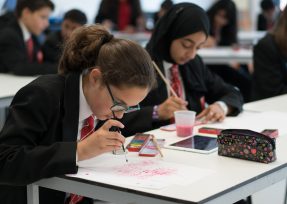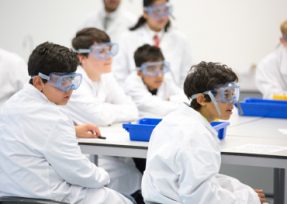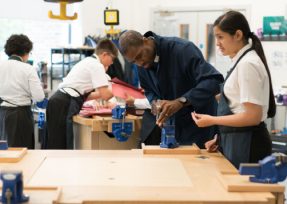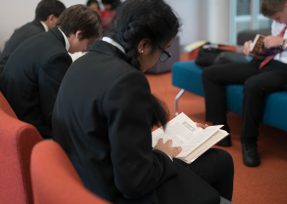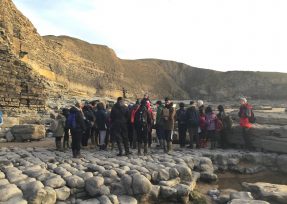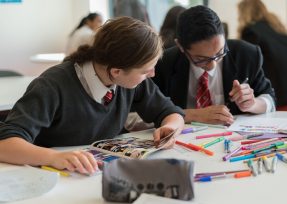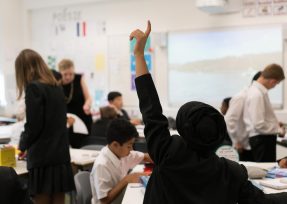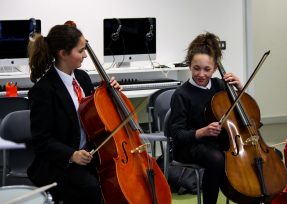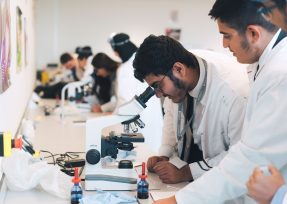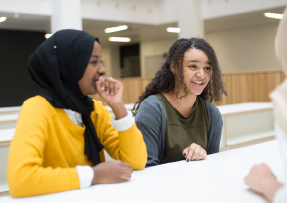Biology
Biology
At Key Stage three we have chosen to concentrate on one broad theme each year thus enabling pupils to build new knowledge onto secure foundations by maximising the opportunities to revisit fundamental concepts every lesson. This allows all pupils to have the confidence to be curious and ask the big (and small) questions about the world around us.
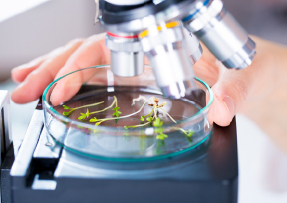
Course Description.
Biology is a multi-disciplinary subject which encompasses the understanding of all living organisms, including their structure, function, evolution, distribution, and interrelationships. As technology evolves and as scientists ask harder questions, new species are discovered, new cells in the human body are identified and our understanding of how proteins regulate and control biological processes change. Through the medium of the internet information is being shared more rapidly and never before has the integrity of a scientist been more important, the ability to communicate findings to the non-scientist more essential and the task of the non-scientist to be able to interpret what is published in the media more vital.
At University of Birmingham School we have structured our Biology course to enable pupils to understand the importance of good character and to practice the virtue of integrity. Underpinning all our lessons is the development of three main skill areas: knowledge and understanding, scientific communication, and data analysis. These skills are essential in allowing pupils to successfully progress through GCSE, A level, and beyond.
At Key Stage 3 we have chosen to concentrate on one broad theme each year thus enabling pupils to build new knowledge onto secure foundations by maximising the opportunities to revisit fundamental concepts every lesson. This allows all pupils to have the confidence to be curious and ask the big (and small) questions about the world around us. In year 7, pupils begin by learning about cells – the building blocks of all organisms. They then apply their knowledge of cells to the processes involved in reproduction, growth and development, including finding out what controls our characteristics. In year 8 pupils study plants in depth. They zoom in to consider plant structures and functions and how they generate and use energy and then zoom out to find out how this stored energy and other elements are passed on to other organisms when they study ecosystems. In year 9 pupils start their GCSE course (AQA Biology) by focusing on understanding human physiology, they develop an appreciation of how lifestyle choices influence their health and consider how advancements in medicine are changing the way we treat diseases.
In years 10 and 11, pupils continue to complete their GCSE course however, they are now grouped depending on whether they are completing the triple or combined course. At the start of year 10 pupils explore the differences between types of cells and learn how cells must divide by mitosis in order for an organism to grow. In term 2 pupils build on their understanding of the human digestive system from year 7 and plant organisation from year 8 whilst also gaining a deeper understanding of how plants harness the suns energy and how both plants and animals use oxygen to oxidise food transferring energy for cellular functions. In the final term pupils study ecology, building on their knowledge from year 8 they explore the complexities of the makeup of ecosystems and gain an appreciation of the importance of biodiversity in the provision of essential services that support human life. In year 11, pupils discover how the nervous system and hormonal system bring about responses to regulate the internal environment in humans. Finally they learn about the genetic code and how characteristics can be inherited and controlled by genes.
In years 12 and 13 we follow the OCR Biology A specification. Throughout the two years students study many aspects of Biology in depth and get to use state of the art equipment to carry out regular practical work that is an integral part of the course. The skills and knowledge they develop prepares them well for studying Biology and related degrees at university.
Key Information
Department
Science
Subject Leader
Dr C Bownes
Contact
Admissions enquiries
e: admissions@uobschool.org.uk